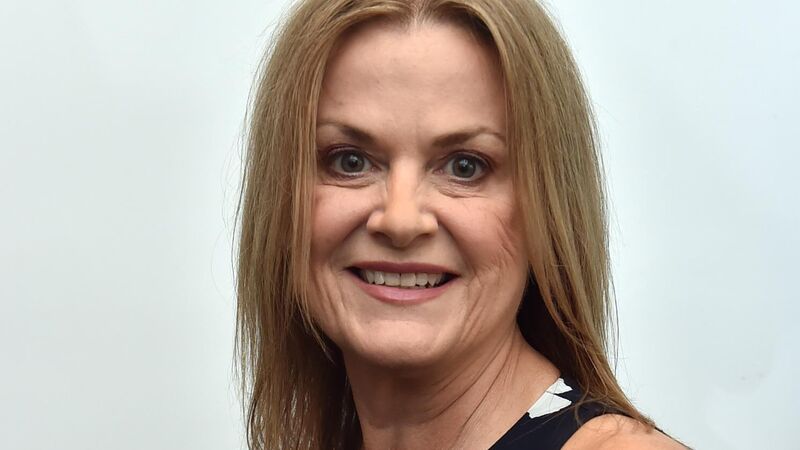Here are some simple tips to improve your health in 2024

Neuroscientist, psychologist, and author Dr Sabina Brennan recently published ‘Brain Gym’, a box of 40 cards with activities and scientific evidence they work. Picture: Eddie O'Hare
As we face into the new year there are many things we can do to help protect our health and some experts have offered their tips.










